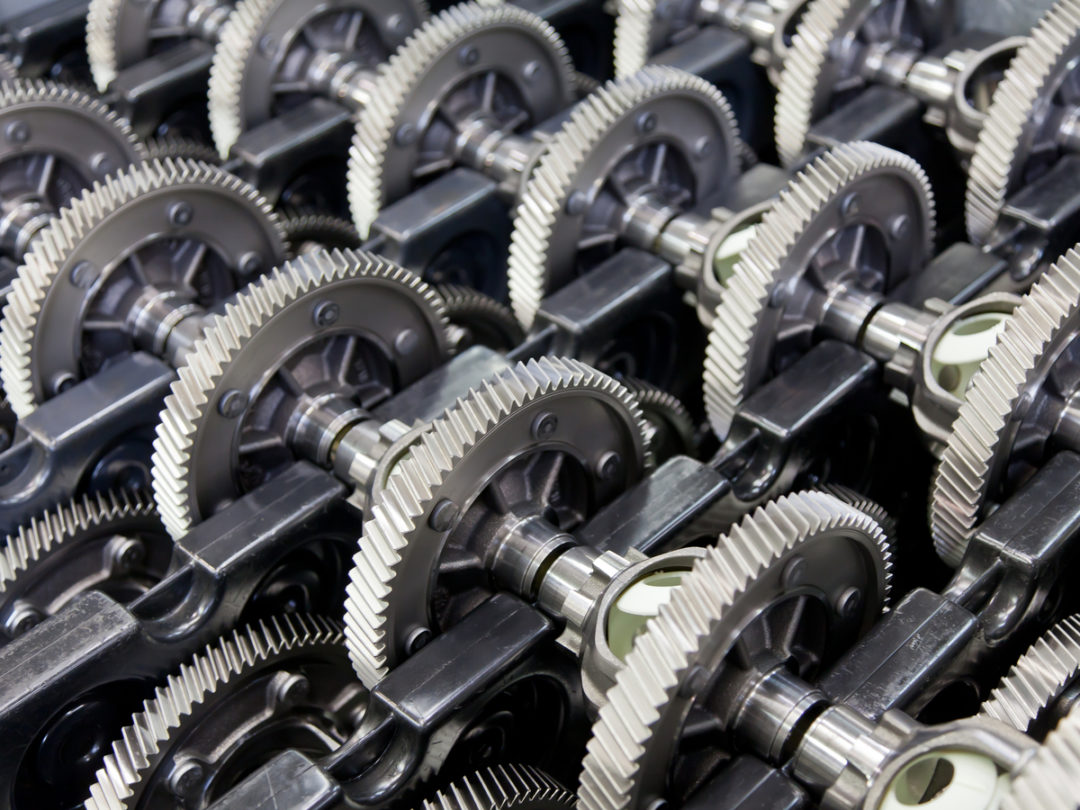
Visit Our Sponsors |
|
|
|
|
|
|
|
|
|
|
|
|
|
|
|
|
|
|
|
|
|
|
|
|
|
|
|
|
|
|
|
|
|
|
|
|
|
|

Bob Roth makes no bones about his feelings towards U.S. manufacturing.
The co-owner and chief executive of RoMan Manufacturing Inc. in Grand Rapids, Michigan, which makes transformers and glass-molding equipment for automakers and other industries, asks callers on his voicemail: “What have you done today to support U.S. manufacturing?”
His procurement team has been under long-standing orders to source all parts and materials as near as possible to his western Michigan factory, even with President Donald Trump’s tariffs on steel and aluminum.
But with those tariffs dragging into a new year and steel comprising a quarter of RoMan’s fixed costs, Roth says his company has now begun the lengthy process of switching from its U.S. suppliers to an Israeli company for a key component for its products.
It is a strategic decision that RoMan and other auto suppliers have put off since the tariffs kicked in last spring. With tariffs firmly part of the landscape, some are now starting to shift their own supply chain to keep costs in check, according to more than a dozen interviews with U.S. auto suppliers and industry consultants.
The choice is stark for most suppliers: absorb the extra cost, pass them on to customers or find ways to slash material costs.
The transformers Roth’s 150 workers at RoMan produce require a magnetized steel core that is now more expensive as tariffs have allowed U.S. steel producers to raise prices. The Israeli supplier has access to cheaper steel and its cores qualify as finished products, so they are not subject to tariffs — making them a cheaper alternative.
RELATED CONTENT
RELATED VIDEOS
Timely, incisive articles delivered directly to your inbox.

